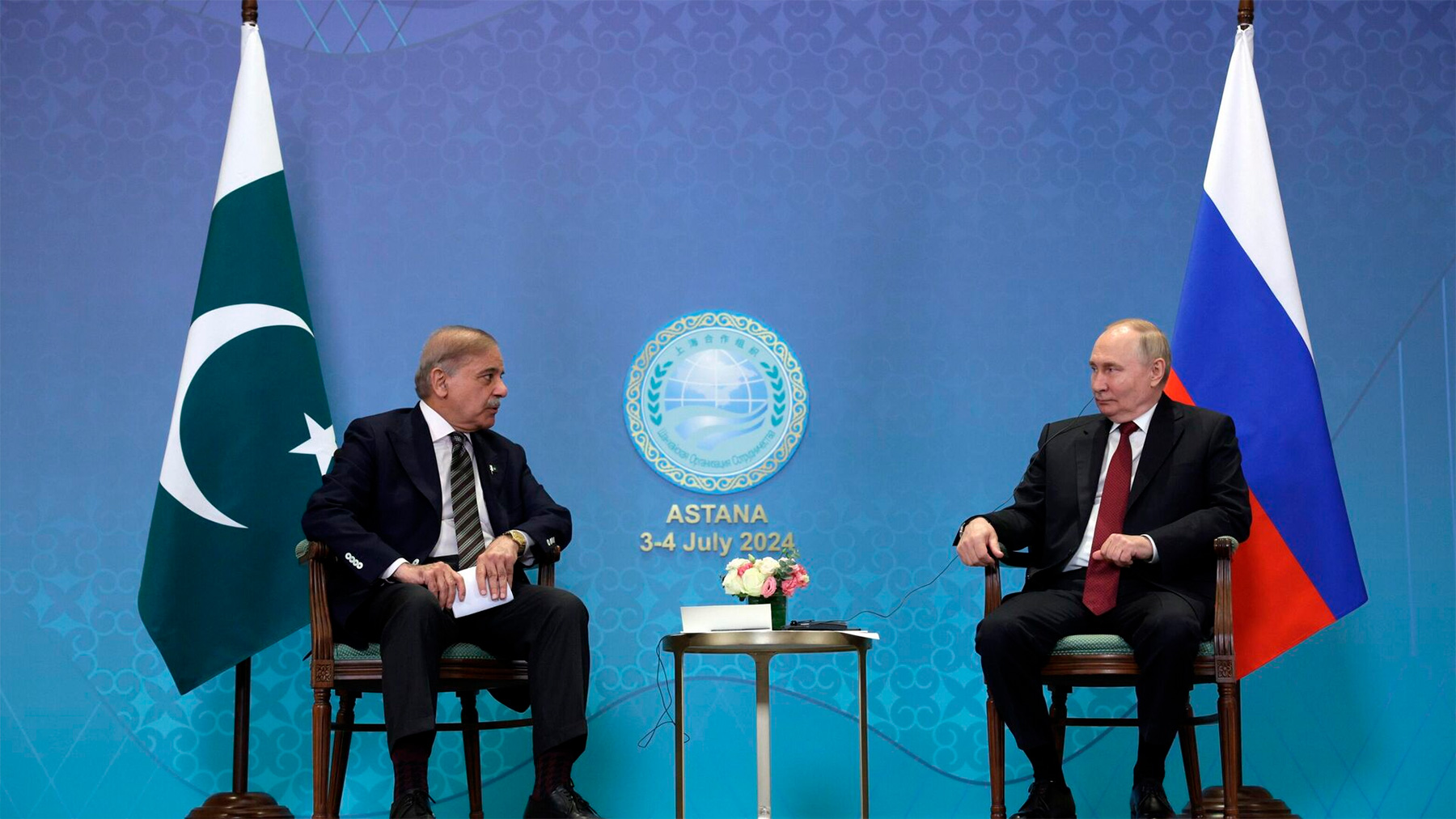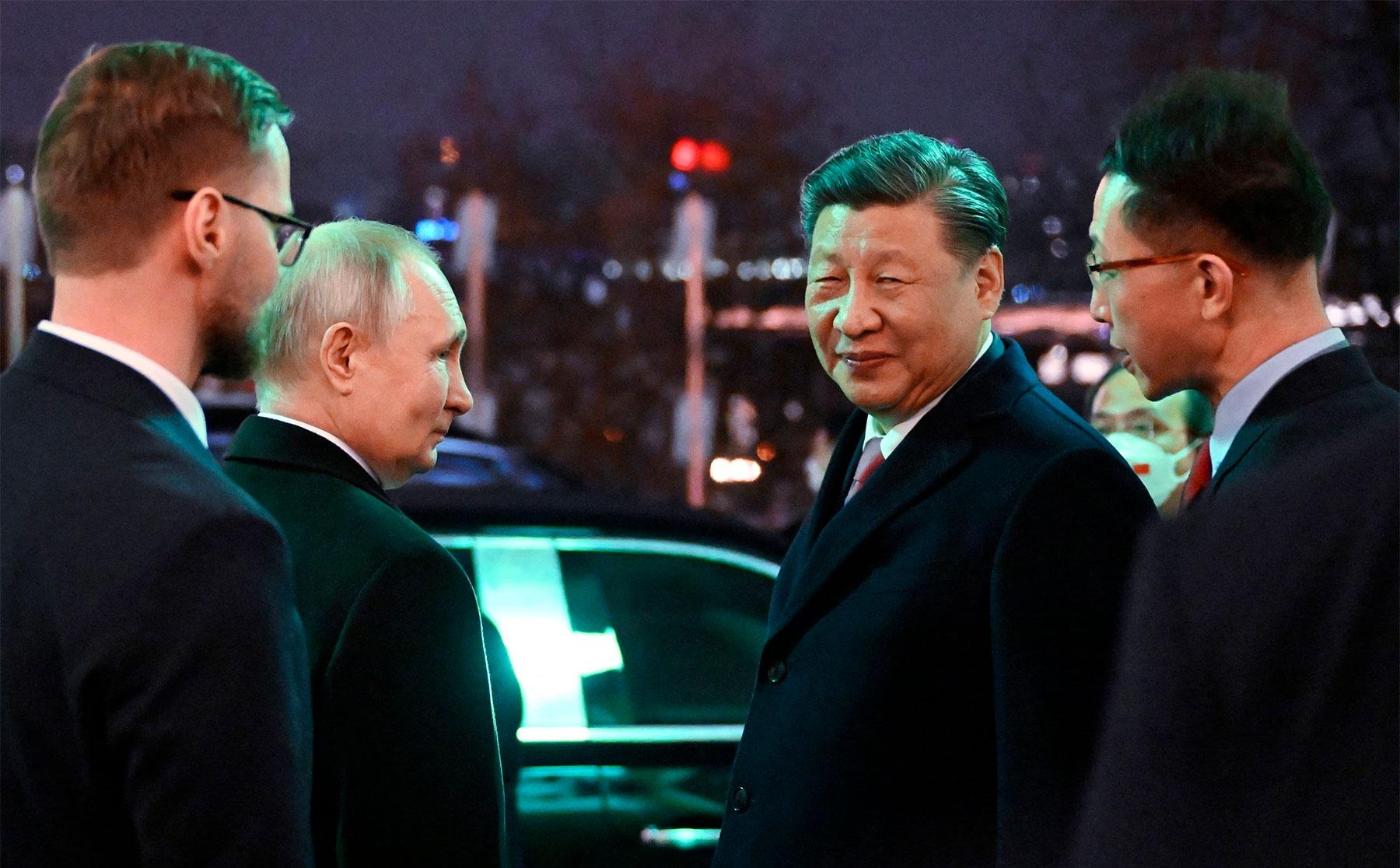The first-ever Pakistan-Russia Trade and Investment Forum held in Moscow marks a momentous chapter in the evolving economic ties between these two nations. Bringing together a 60-member Pakistani business delegation, led by Federal Minister Abdul Aleem Khan, and key Russian government officials, the event served as a platform to explore new avenues of cooperation and deepen existing ties.
To fully realize the potential of this partnership, both governments must continue to work towards facilitating trade, investment, and cooperation. Here are five concrete steps that both governments should consider taking to improve their relations:
- Simplification of Trade Procedures: Both nations should work on simplifying customs and trade procedures to facilitate smoother, faster transactions. Reducing bureaucratic red tape will help increase trade volumes and make the process more efficient for businesses.
- Expansion of Barter Trade Agreements: The barter trade model can be expanded to include more sectors and products. This will not only diversify trade but also provide a viable solution in situations where currency exchange poses a challenge.
- Establishing Joint Ventures: Both Russia and Pakistan should encourage the establishment of joint ventures in key sectors like agriculture, energy, and technology. These collaborations can accelerate innovation, create jobs, and boost economic growth in both countries.
- Enhanced Financial Cooperation: The participation of Russian banks such as MKB at the forum is a positive step. Both nations should look into developing financial frameworks that support trade, including dedicated banking channels and credit lines for businesses engaged in bilateral trade.
- Education and Cultural Exchange: Strengthening cultural and educational ties will complement economic collaboration. Academic exchanges, student scholarships, and joint research projects can build a foundation of mutual understanding and goodwill between the two nations.
The first-ever Pakistan-Russia Trade and Investment Forum held in Moscow marks a momentous chapter in the evolving economic ties between these two nations. Bringing together a 60-member Pakistani business delegation, led by Federal Minister Abdul Aleem Khan, and key Russian government officials, the event served as a platform to explore new avenues of cooperation and deepen existing ties.
The significance of this event cannot be overstated. Both Russia and Pakistan, two nations with rich histories and substantial global influence, stand at the cusp of unlocking the true potential of bilateral trade. The forum has laid the groundwork for an enduring economic partnership that can greatly benefit not just the two countries, but the entire region and the world at large.
A New Era of Trade Cooperation
The forum marked a key milestone with the signing of the first-ever Memorandum of Understanding (MoU) on barter trade between Pakistan and Russia. This agreement between Russian company LLC Astarta Agrotrading and Pakistani firms Meskay & Femtee Trading Company and National Fruit Processing Factory signifies the beginning of a new era in trade cooperation. Through the exchange of goods like chickpeas, rice, mandarins, potatoes, and red lentils, the MoU has opened the door to a more balanced and diversified trading relationship, reducing reliance on traditional currency-based transactions.
This is a significant development for Pakistan, a country rich in agricultural products, textiles, and pharmaceuticals, as it seeks to expand its market share in Russia. The presence of over 60 Pakistani companies showcasing an array of products, including textiles, leather goods, sports equipment, food, and agricultural products, underscores the broad spectrum of trade opportunities. These companies collectively represent an export value of over $500 million, highlighting the potential for rapid growth in trade volumes between the two countries.
On the Russian side, the participation of over 60 officials from key ministries and government agencies—such as Industry and Trade, Agriculture, and Economic Development—as well as representatives from Russian banks, reflects Russia's serious commitment to fostering trade with Pakistan. The forum has set the stage for future collaborations in a wide range of industries, from agriculture and logistics to tourism and technology.
The Potential of the Russia-Pakistan Economic Partnership
The growing economic partnership between Pakistan and Russia is mutually beneficial. Russia, with its vast natural resources, advanced technological capabilities, and a diversified economy, can assist Pakistan in areas such as energy, infrastructure, and defense. On the other hand, Pakistan, with its strategic location, young workforce, and vibrant agricultural and manufacturing sectors, offers immense opportunities for Russian companies looking to expand their presence in South Asia.
Both nations have much to offer each other. Russia's expertise in energy and technology can help Pakistan address its energy needs and advance in areas like renewable energy and digital infrastructure. Meanwhile, Pakistan's agricultural and industrial products can help meet Russia's demand for quality imports, especially in food products, textiles, and pharmaceuticals.
This trade relationship also has the potential to impact the broader region. As Russia and Pakistan deepen their ties, other countries in Central Asia, the Middle East, and even Europe could benefit from increased trade and investment flows. This collaboration could serve as a model for other nations along the Belt and Road Initiative (BRI), further integrating regional economies and promoting stability.
Concrete Recommendations for Both Governments
To fully realize the potential of this partnership, both governments must continue to work towards facilitating trade, investment, and cooperation. Here are five concrete steps that both governments should consider taking to improve their relations:
- Simplification of Trade Procedures: Both nations should work on simplifying customs and trade procedures to facilitate smoother, faster transactions. Reducing bureaucratic red tape will help increase trade volumes and make the process more efficient for businesses.
- Expansion of Barter Trade Agreements: The barter trade model can be expanded to include more sectors and products. This will not only diversify trade but also provide a viable solution in situations where currency exchange poses a challenge.
- Establishing Joint Ventures: Both Russia and Pakistan should encourage the establishment of joint ventures in key sectors like agriculture, energy, and technology. These collaborations can accelerate innovation, create jobs, and boost economic growth in both countries.
- Enhanced Financial Cooperation: The participation of Russian banks such as MKB at the forum is a positive step. Both nations should look into developing financial frameworks that support trade, including dedicated banking channels and credit lines for businesses engaged in bilateral trade.
- Education and Cultural Exchange: Strengthening cultural and educational ties will complement economic collaboration. Academic exchanges, student scholarships, and joint research projects can build a foundation of mutual understanding and goodwill between the two nations.
A Brighter Future for Both Nations
The impact of growing trade between Russia and Pakistan extends far beyond the economic benefits. It fosters trust, builds long-lasting relationships, and contributes to regional and global stability. As these two nations continue to strengthen their ties, the ripple effects will be felt across the region and the world, creating new opportunities for collaboration and development.
This forum in Moscow has set the tone for a future where Russia and Pakistan can leverage their respective strengths to uplift one another. By continuing to prioritize trade, investment, and cooperation, both nations can look forward to a prosperous partnership that will benefit generations to come.
The first-ever Pakistan-Russia Trade and Investment Forum is not just a milestone—it is the beginning of a new chapter in the longstanding friendship between our two great nations. The future is bright, and with the continued commitment from both governments, the potential of this partnership may truly be fully realized. Together, the two nations can build a stronger, more resilient region that contributes to peace and prosperity on a global scale.






